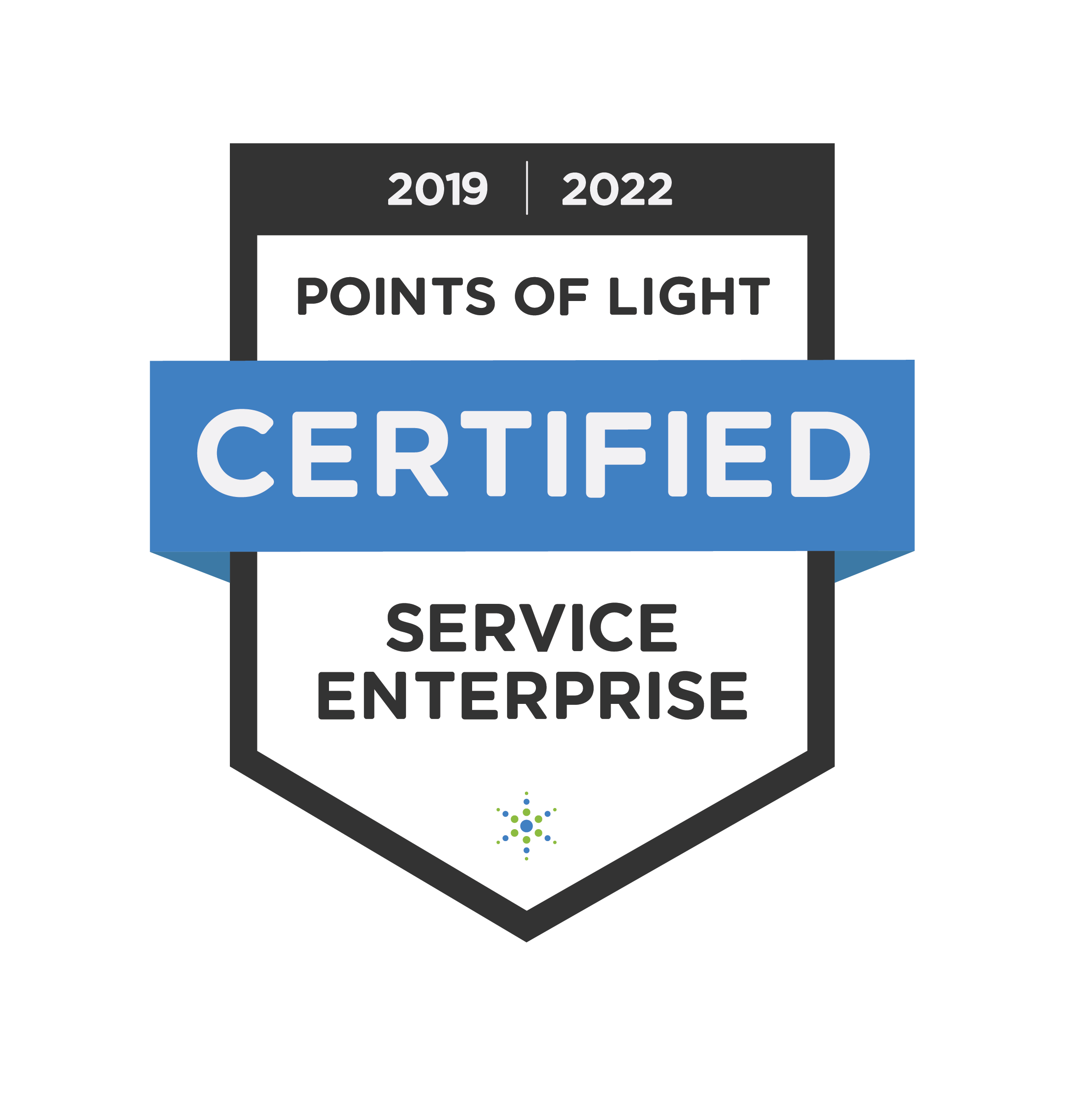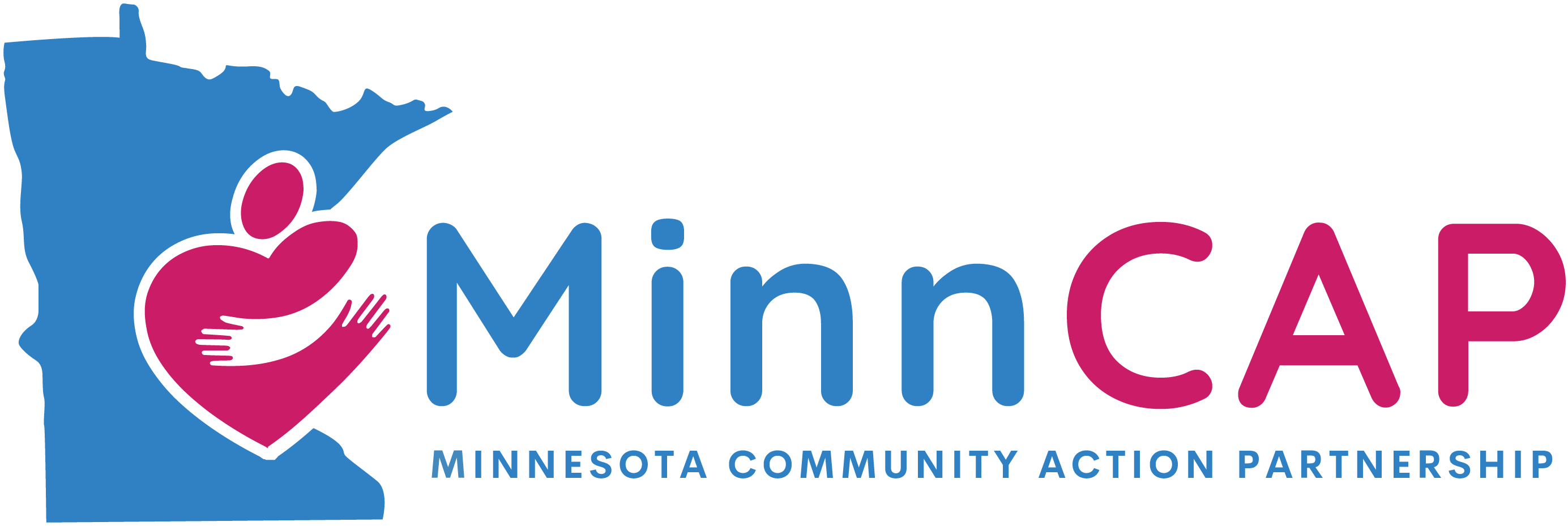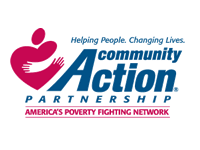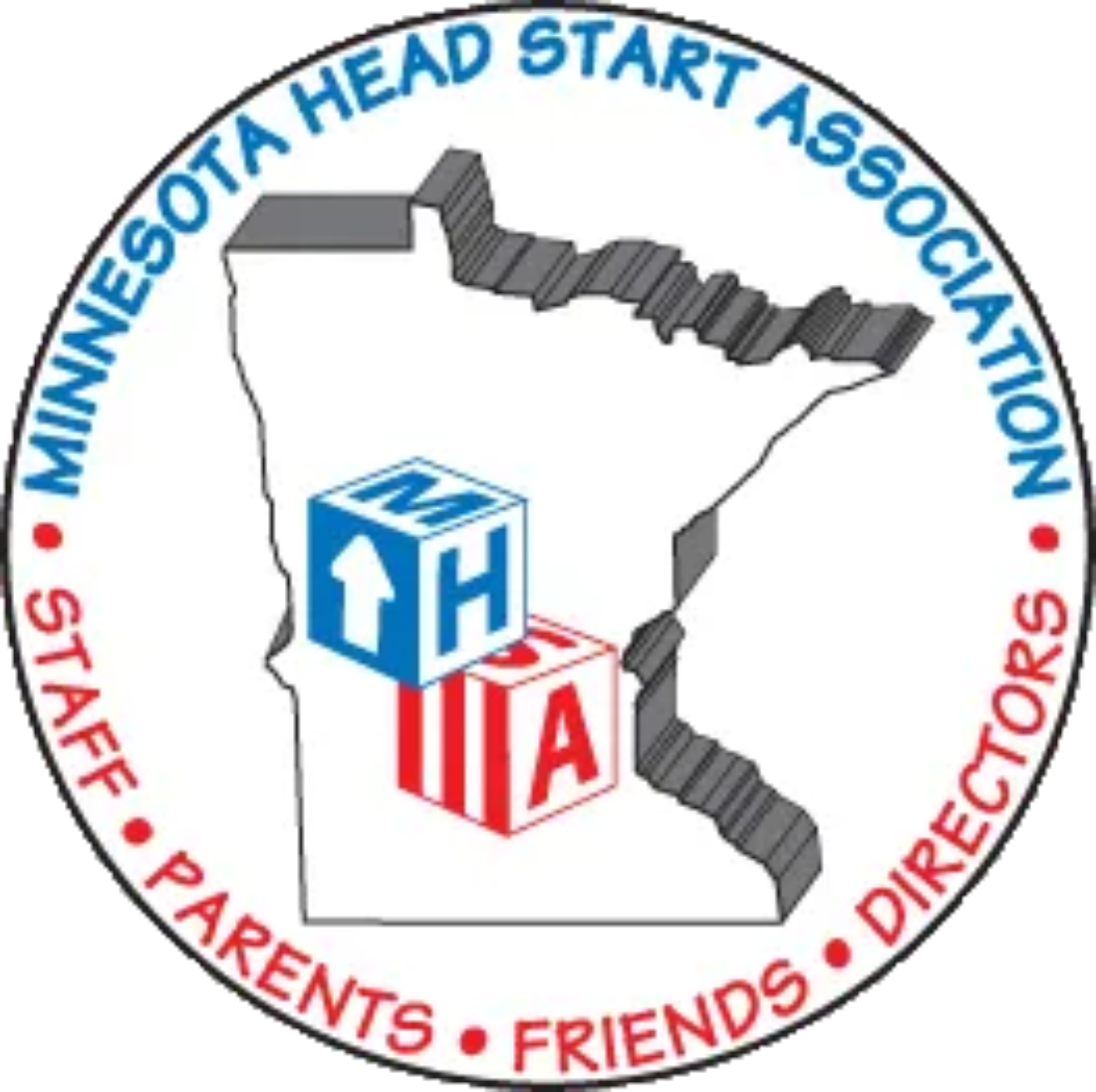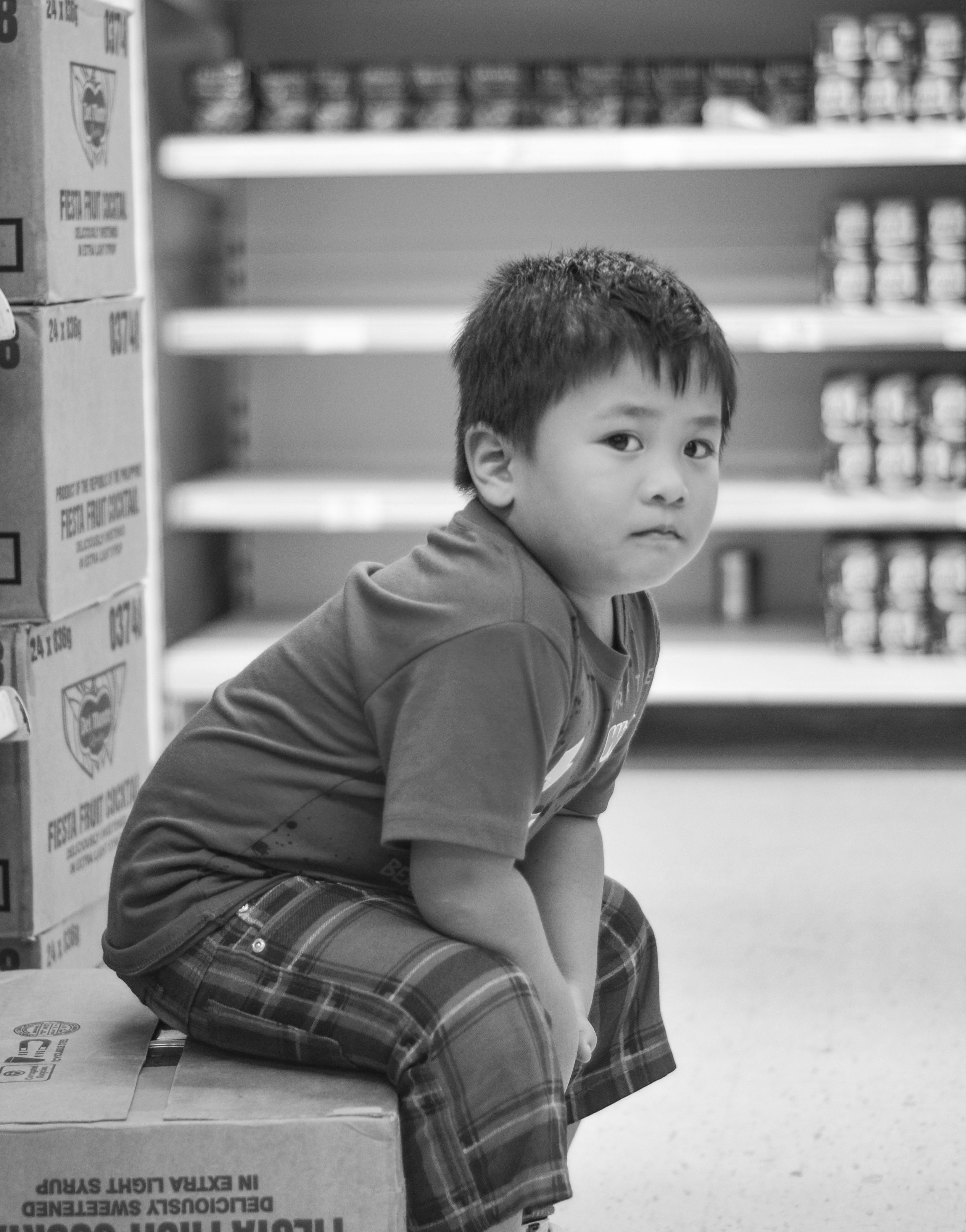
Early on during the coronavirus pandemic, a report from Feeding America forecasted that food insecurity could increase nearly 50 percent in 2020, meaning well over 50 million Americans may find themselves unsure of where (or when) their next meal might be. And, in some places throughout the United States, as many as 1 in 3 adults and 1 in 2 children were projected to experience food insecurity during the current calendar year.
Now, as 2020 comes to a close, the United States Census Bureau reports that today, “more Americans are going hungry that at any point during the COVID-19 pandemic.” In fact, food insecurity in America is higher today than at any time since the United States Department of Agriculture (USDA) started tracking it nearly a quarter century ago. While food banks and food shelves have ramped up to help meet the increased demand, but their resources are being stretched thin.
As many of the benefits put forth in the CARES Act are set to expire soon—coupled with the continuing uncertainly around a new stimulus package—potentially millions more American households, particularly families with children, will require emergency food assistance. Of course, there are ways that we can help our neighbors in need. Second Harvest Heartland and Hunger Solutions Minnesota increased their acquisition and distribution efforts.
For those seeking help, both Second Harvest and Hunger Solutions can help you locate local food shelves, produce distribution sites, free meal programs, emergency grocery pop-ups, and while also connecting you to other food support programs including SNAP (Supplemental Nutrition Assistance Program), WIC (Women, Infants, Children), and the Commodity Supplemental Food Program (CSFP) for seniors sixty years of age and older. And, to determine your eligibility and receive application assistance for programs such as SNAP, please visit Community Action’s dedicated Food Support page, call 651-603-5883, or email us at foodsupport@caprw.org.





